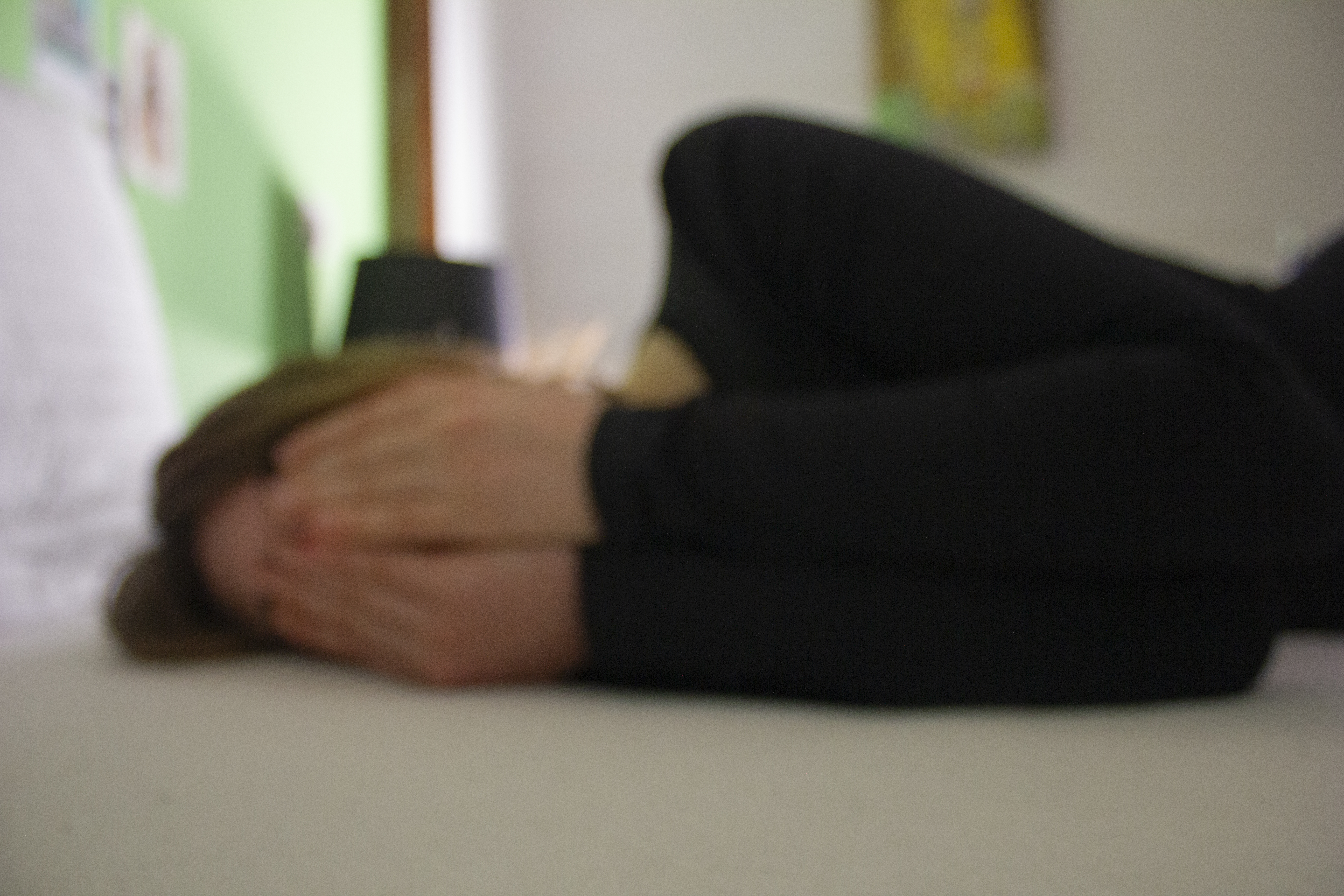For this assignment, I explored the theme of "out of focus" not just in a technical sense,
but as a metaphor for mental health. To me, being out of focus represents something that
feels unnatural, confusing, or distorted—something that doesn’t quite align with how we
expect the world to look or feel.
Inspired by this idea, I created a series of 12 photographs
that are either completely out of focus or intentionally play with focus to visually
communicate the experience of 12 different mental illnesses.
Each image represents a
condition such as ADHD, bipolar disorder, schizophrenia, PTSD, eating disorders, anxiety,
social anxiety, depression, insomnia, dyslexia, OCD, and derealization. Through visual blur,
distortion, and unusual framing, I aimed to evoke the emotional and psychological
disorientation that can accompany these conditions, offering a more abstract yet personal
representation of mental health struggles.

ADHD or Attention-Deficit/Hyperactivity Disorder, is a neurodevelopmental condition that affects a person's ability to focus, control impulses, and manage energy levels. People with ADHD may struggle with attention, organization, and restlessness, but they also often show creativity, spontaneity, and high energy when engaged.

Anxiety

Bipolar Disorder

Depression is a mental health condition characterized by persistent feelings of sadness, emptiness, and a loss of interest or pleasure in activities. It can affect how a person thinks, feels, and functions daily, often leading to fatigue, changes in sleep or appetite, and difficulty concentrating. Though invisible, its impact can be deeply overwhelming and isolating.

PTSD or Post-Traumatic Stress Disorder, is a mental health condition triggered by experiencing or witnessing a traumatic event. People with PTSD may have flashbacks, nightmares, and severe anxiety, along with intrusive thoughts that make it hard to feel safe or at ease. It’s not just a memory—it’s the body and mind stuck in survival mode long after the danger has passed.

Eating Disorder

OCD or Obsessive-Compulsive Disorder, is a mental health condition marked by recurring, unwanted thoughts (obsessions) and repetitive behaviors or rituals (compulsions) performed to ease anxiety. These cycles can be time-consuming and distressing, often interfering with daily life. It's not about being neat or organized—it’s about feeling trapped in patterns the mind won’t let go of.

Derealization is a dissociative experience where the world feels distant, unreal, or dreamlike, as if you're watching life through a fog or a screen. People experiencing derealization may know logically that things are real, but emotionally they feel disconnected from their surroundings. It’s a coping response to stress or trauma, often leaving individuals feeling detached and disoriented.

Social anxiety is an intense fear of being judged, embarrassed, or rejected in social or performance situations. People with social anxiety may avoid interactions, feel extreme self-consciousness, or experience physical symptoms like sweating or a racing heart. It goes beyond shyness—it's a persistent fear that can make even everyday conversations feel overwhelming.

Schizophrenia

Insomnia

Dyslexia











